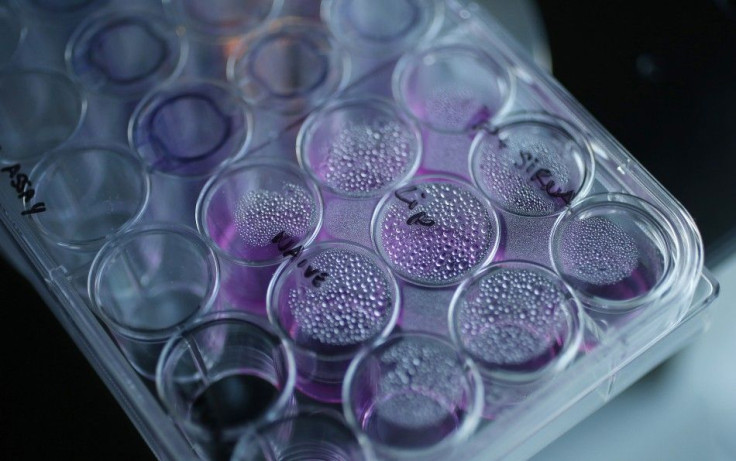Lens-Free Microscope Developed To Detect Cancer At Cellular Level

Cost-effective and economical healthcare may not be a distant dream. Researchers at UCLA have been successful in developing a lens-free microscope that is able to detect cancer as well as other cell abnormalities developing at a cellular level. The microscope is said to be as effective in detecting cellular abnormalities as the more expensive and larger optical microscopes.
This lens-free microscope is probably the first of its kind that promises to enable people to view a 3D image of tissue samples; this in turn helps analysing the presence of diseases and abnormalities at a cellular level. The microscope uses a laser or a diode that emits light to the tissue or blood samples. A microchip, not unlike the one found in digital and cellphone cameras, is used to record images of the shadows created by the sample.
The microscope was developed in the laboratory of Ayodgan Ozcan, the Chancellor's professor of Electrical Engineering and Bioengineering at the UCLA as well as being a professor at the Howard Hughes Medical Institute. The laboratory has also been responsible in developing a custom-made smartphone app that aids in detecting allergens in food samples, cell counts in blood samples and to make use of Google Glass to process and analyse medical tests that aid in accurate diagnosis.
Talking about his newest creation, Ozcan said, "This is a milestone in the work we've been doing. This is the first time tissue samples have been imaged in 3D using a lens-free on chip microscope." An added advantage of the microscope is that the images it produces are larger and clearer than those produced by conventional microscopes currently available. The larger images help in making analysis quicker and more accurate.
This newest technological development has the potential to make healthcare more affordable to many around the world. It is not only more economical than current medical technology but also more effective. It may pave the way for more such lif- saving technological developments in the near future.





















